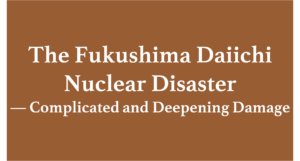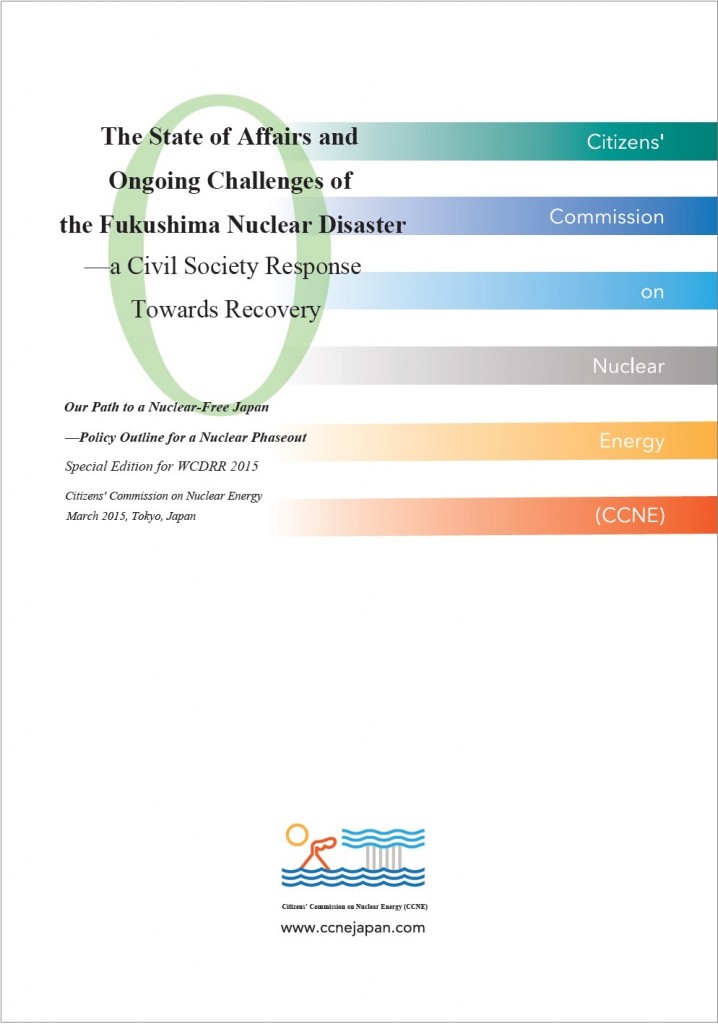Member Profiles
![]() Chairperson
Chairperson
- OSHIMA Kenichi
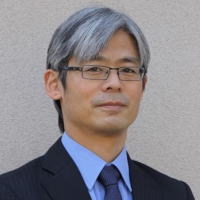 Professor of environmental economics at Ryukoku University. Chairperson of CCNE.
Professor of environmental economics at Ryukoku University. Chairperson of CCNE.
He is an environmental economist with interests in the economic cost of nuclear power and the contentious issue of the relations between nuclear and renewable energy. He has presented some factual evidences to insist that the economic cost of nuclear power is expensive, which is the opposite to the governmental opinion. He is also a former member of the review committee for electric cost in National Policy Unit, Cabinet Secretariat.
researchmap
![]() Deputy Chairperson
Deputy Chairperson
- MITSUTA Kanna
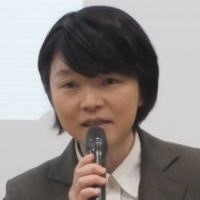 Executive Director at Friends of the Earth Japan. Deputy chairperson at CCNE.
Executive Director at Friends of the Earth Japan. Deputy chairperson at CCNE.
She has addressed human rights of the Fukushima evacuees and made recommendations for nuclear power phase-out in Japan. She has also researched on the health effects stemming from that accident, which includes thyroid cancer, and the severe living environment that the evacuees still face. The issues surrounding the radioactive waste and the contaminated water after the Fukushima accident are also what she has worked for. (http://www.foejapan.org/en/energy/top.html)
![]() Commission Members
Commission Members
- ARAKIDA Takeru
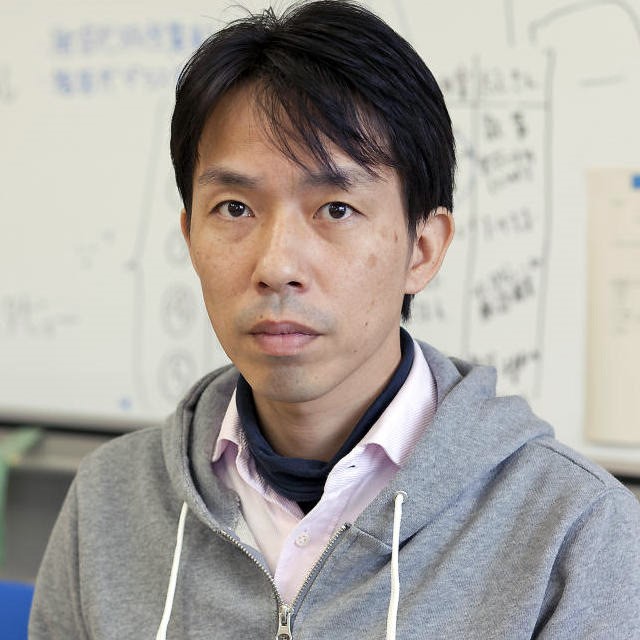 Associate professor of public administration at Fukushima University.
Associate professor of public administration at Fukushima University.
He has researched on hard situations that the Fukushima evacuees still face. He has invested his time into the researches on hiding and control of information regarding radioactive contamination in Japan and regulatory changes, with his emphasis on the humans’ right of avoiding radiation. - ONUMA Junichi
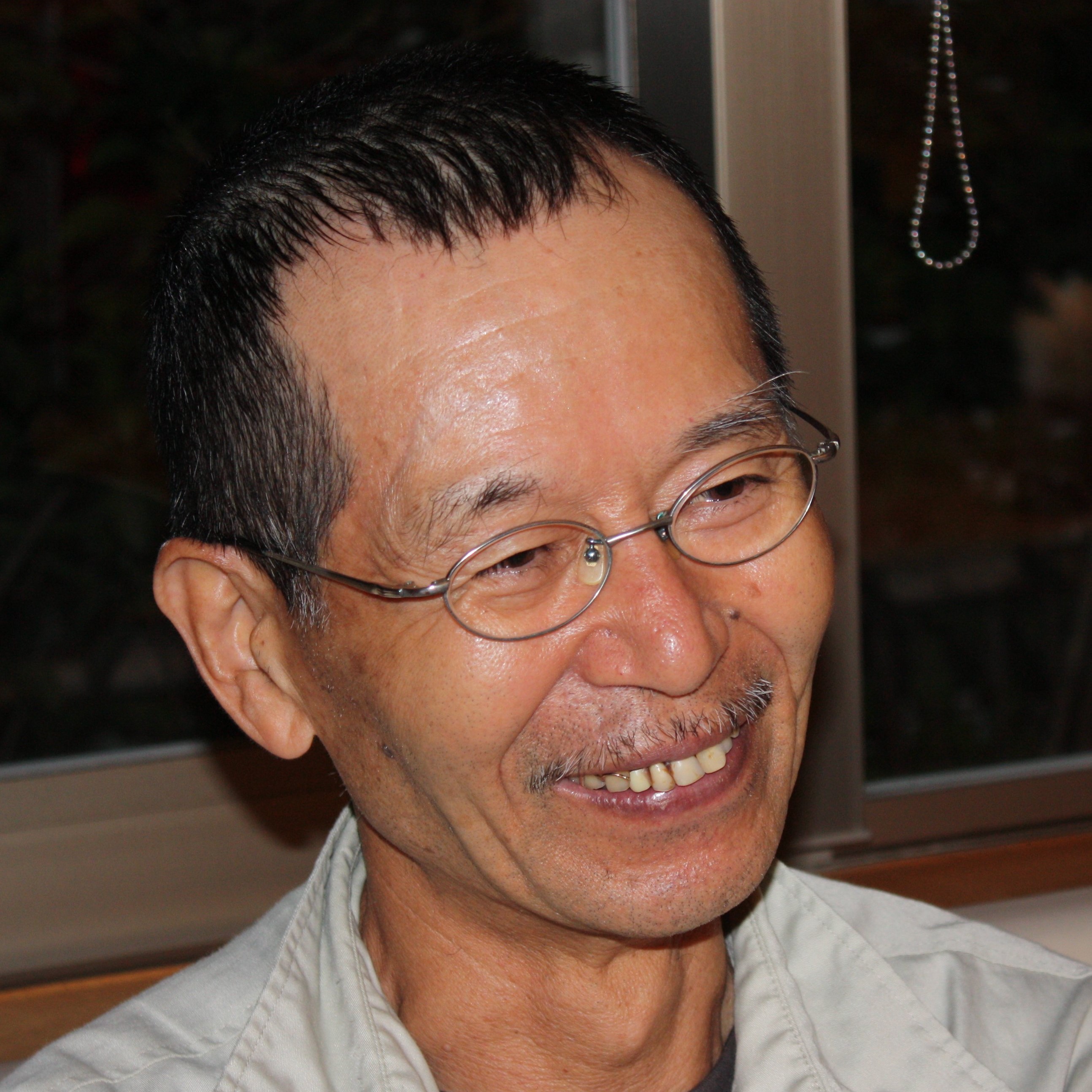 Former chief researcher of Aichi Environmental Research Center. A management committee member of Citizens’ Radiation Measuring Center (C Lab.).
Former chief researcher of Aichi Environmental Research Center. A management committee member of Citizens’ Radiation Measuring Center (C Lab.).
He specializes in measuring and assessing radioactive materials in the environment. Since 2012, he had a key role in “East Japan Soil Measurement Project,” a citizens’ radiation survey project held in Fukushima prefecture and its surrounding areas, and the team created a map showing radiation levels in soil samples on 3400 points in those areas. (https://en.minnanods.net/soil) - KAIDO Yuichi
Attorney. Joint representation of National Network of Lawyer Groups for the Abolishment of Nuclear Energy. Former secretary general of Japan Federation of Bar Associations.
He has been in charge of and had a key role in numerous lawsuits for nuclear power plant injunction in Japan. He is currently serving as an agent representing the bereaved families on the ongoing criminal trial against the former executives of Tokyo Electric Power Company (TEPCO). He also takes some cases for the victims of the Fukushima accident and the Fukushima-related exposed workers. - KANAMORI Eri
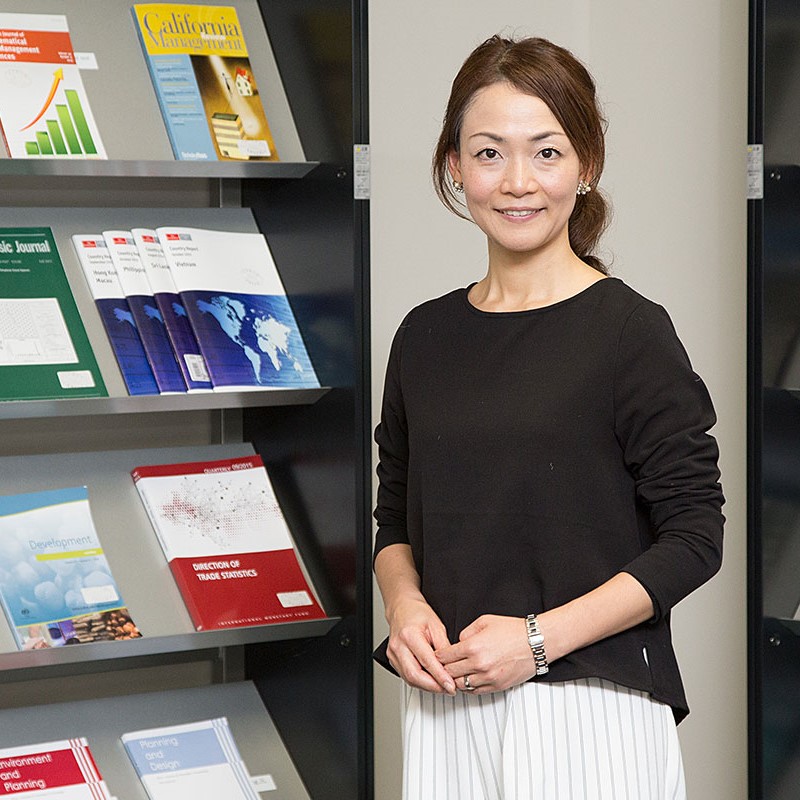 Professor of accounting at Ritsumeikan University.
Professor of accounting at Ritsumeikan University.
She specializes in accounting discipline with interest in management issues of electric power companies owning nuclear power plants. She has verified the fact that Japanese public accounting system has been distorted by the government to favor nuclear power generation. She has also clarified that electric power companies have passed their higher cost of the Fukushima accident along to Japanese citizens in a murky way.
researchmap - GOTO Masashi
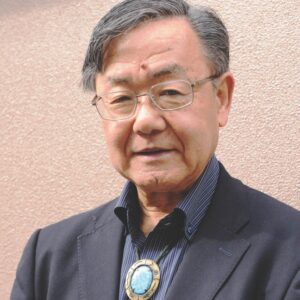 Former Toshiba nuclear plants engineer. He specialized in the design and research on structural strength evaluation for Boiling Water Reactors (BWR)-containment vessels.
Former Toshiba nuclear plants engineer. He specialized in the design and research on structural strength evaluation for Boiling Water Reactors (BWR)-containment vessels.
He has disseminated information regarding technological dangerousness of nuclear power plant and differences between commonly used technology and atomic (nuclear) technology. He has also analyzed the Fukushima accident from a technical perspective and suggested a reasonable alternative to deal with the Fukushima water containing radioactive material. He was also a former member of “Public Meeting for Stress Tests on Nuclear Power Plants,” which is hosted by Nuclear and Industrial Safety Agency (a former national regulator). - SHIMAZONO Susumu
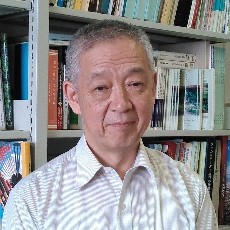 Professor of religious studies. Director of the Institute of Grief Care at Sophia University. Professor Emeritus of the University of Tokyo.
Professor of religious studies. Director of the Institute of Grief Care at Sophia University. Professor Emeritus of the University of Tokyo.
He specializes in science of religion and thanatology. In the matter of nuclear power, his interest is in the relation between science and ethics on nuclear accidents. He has specifically revealed that scientists have distorted health risks for human exposure to radiation and criticized current risk communications between government, scientists, and the victims. He has also analyzed social and psychological sufferings that the victims have embraced.
researchmap - SHIMIZU Nanako
 Associate professor of international relations at Utsunomiya University.
Associate professor of international relations at Utsunomiya University.
She has conducted questionnaire surveys and interviews on the evacuees both from Fukushima and its adjacent prefectures as well as the residents living in the contaminated areas surrounding Fukushima Prefecture to analyze their struggles on radioactive contaminations in “low-recognized disaster affected areas.” She has also researched on right to health and communication obstacles in the Fukushima accident and its relation with gender equality.
researchmap - TSUTSUI Tetsuro
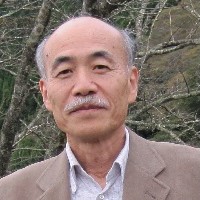 Member of Plant Engineers’ Club. Worked in engineering companies as mechanical engineer and project manager.
Member of Plant Engineers’ Club. Worked in engineering companies as mechanical engineer and project manager.
He has worked on disseminating the unfeasibility of a Fukushima Daiichi decommissioning project proposed by TEPCO and has made an alternative option. In the matter of reopening nuclear reactors, he has critically pointed out an unreasonableness of the current severe radioactive level by reviewing both corporate and public literatures. As for the radioactive waste water contaminated with tritium, he proposed to hold in large scale tanks of long life, instead of releasing to the sea, waiting for attenuation. His reports have contributed to provide citizens the second opinions against TEPCO and the government. - BAN Hideyuki
 Co-Director of Citizens’ Nuclear Information Center.
Co-Director of Citizens’ Nuclear Information Center.
He has been engaged in antinuclear power movements since Three Mile Island accident and worked at a citizens’ think-thank as a full-time paid staff since the Chernobyl disaster. He is an expert in policies on nuclear fuel cycle and plutonium, and issues on nuclear waste. He is also an official member of several national committees for nuclear politics and brings up critical questions at their meetings. - MATSUBARA Hironao
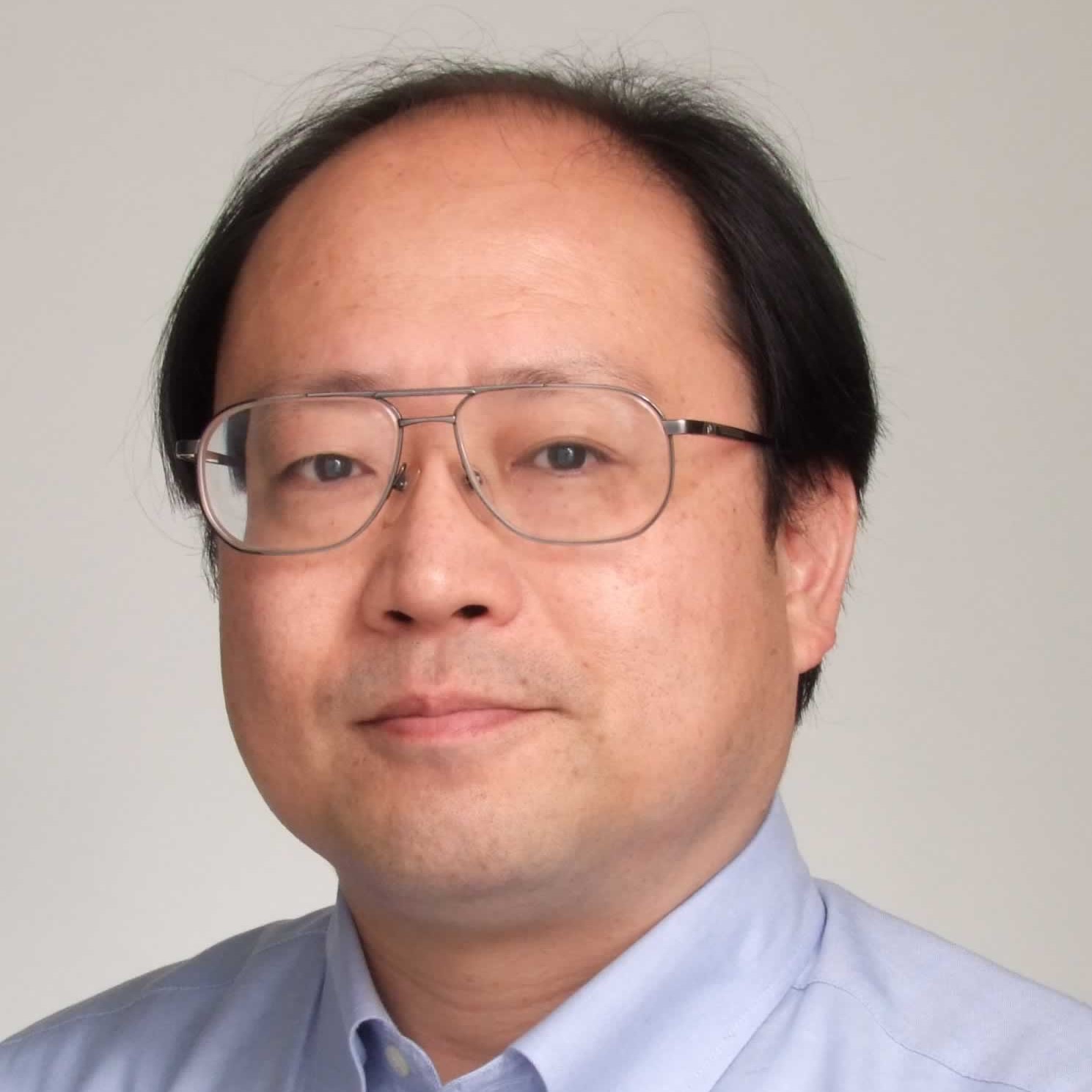 Chief researcher of Institute for Sustainable Energy Policies(ISEP) in Tokyo, Japan.
Chief researcher of Institute for Sustainable Energy Policies(ISEP) in Tokyo, Japan.
His research fields are statistics database, scenario study, policy framework and business model of renewable energy in Japan. He is an editor in chief of Renewables Japan Status Report since 2010.He is also supporting to develop renewable energy for the community.
researchmap - YOKEMOTO Masafumi
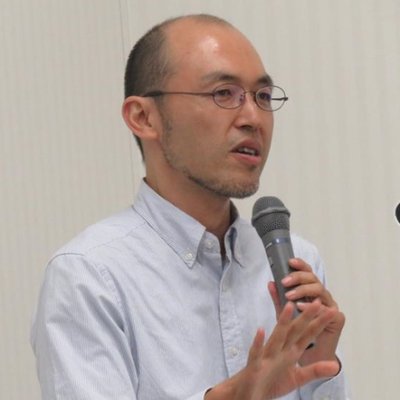 Professor of environmental economics and policies at Osaka City University.
Professor of environmental economics and policies at Osaka City University.
His focus is on environmental disruption and revitalization of the affected areas, and he has recently researched on those issues specifically on the Fukushima accident. He has critically pointed out that the Japanese government and TEPCO have ignored the lost “regional intrinsic value” and “loss of home towns.” He is also an expert in damage suits filed by the Fukushima victims.
researchmap
![]() Coordinators of Working Groups
Coordinators of Working Groups
(1) Working Group on Fukushima Accident
- HOSOKAWA Komei
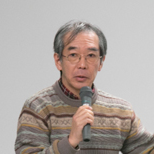 Professor of Cultural Anthropology and Environmental Sociology at Kyoto Seika University.
Professor of Cultural Anthropology and Environmental Sociology at Kyoto Seika University.
He researches on North-South problem with his expertise in Cultural Anthropology and Environmental Sociology. In particular, he has long investigated indigenous people’s environmental knowledge, land rights movements, and joint control of national park land in Australia. Since the Fukushima accident, he has researched on the victims’ living situations based on environmental sociological perspective and worked for constructing a society free of nuclear energy.
researchmap
(2) Working Group on Nuclear Waste
- CHINO Tsunehide
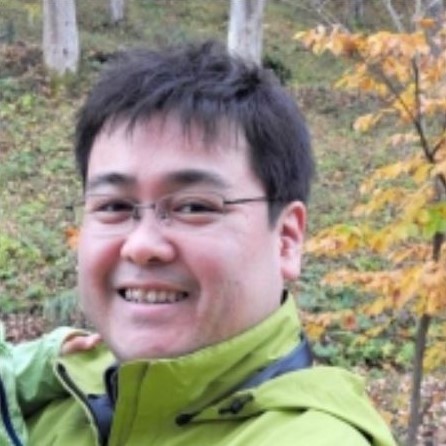 Associate Professor of environmental sociology at Shinshu University.
Associate Professor of environmental sociology at Shinshu University.
Before entering academia, he had worked for the Nature Conservation Society of Japan (NACS-J), one of the biggest environmental NGO in Japan. He has long investigated environmental issues including Mutsu-Ogawahara Development and Rokkasho Nuclear Fuel Cycle Facilities.
researchmap
(3) Working Group on the Process for a Nuclear Energy Phaseout
- TAKEMURA Hideaki
President at People’s Power Network and Executive Director at EGpower Co.,Ltd.
He long worked for Personal Secretary to a member of the Japanese National Diet and Institute for Sustainable Energy Policies (ISEP) with his expertise in energy policy in Japan. After working as a secretary and a NPO advisor, he started to construct a network for local energy market in Japan.
(4) Working Group on Nuclear Regulation
- SUGENAMI Tamotsu
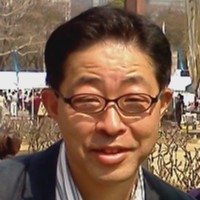 Secretary-general at the Takagi Fund for Citizen Science, National Network of Lawyer Groups for the Abolishment of Nuclear Energy, and Group of Concerned Scientists and Engineers Calling for the Closure of the Kashiwazaki-Kariwa Nuclear Power Plant.
Secretary-general at the Takagi Fund for Citizen Science, National Network of Lawyer Groups for the Abolishment of Nuclear Energy, and Group of Concerned Scientists and Engineers Calling for the Closure of the Kashiwazaki-Kariwa Nuclear Power Plant.
He has played a coordinating role for Working Group on Nuclear Regulation in which plant engineers are discussing issues of nuclear regulation.

